The company is utilizing this platform to address new COVID-19 variants, combination vaccines, and potentially prevent HIV.

The company is utilizing this platform to address new COVID-19 variants, combination vaccines, and potentially prevent HIV.
COVID-19 patients who do not speak English faced worse hospital outcomes during the first wave of the pandemic.
Tetracycline-class antibiotic, omadacycline (Nuzyra), is FDA approved for community-acquired bacterial pneumonia (CABP) and acute bacterial skin and skin structure infections (ABSSSI), and is also being studied for other potential indications.
A study of pregnant women positive for COVID-19 at delivery found no evidence of vertical transmission, but increased gastrointestinal problems in their newborn infants.
A comparison of COVID-19 PCR tests and rapid self-tests found self-tests to be highly accurate and user-friendly for children.

Phase 3 clinical trial data showed Takeda Pharmaceuticals’ antiviral drug maribavir (Livtencity) was superior to conventional antiviral treatment for clearing cytomegalovirus infections in transplant recipients.

In Part 2 of a video interview, Sornana Segal-Maurer, MD, discusses the newly published research findings that detail the potential of lenacapavir.

The company's investigational vaccine, which is in a phase 3 study, is an example of its commitment to addressing these viruses.

Risk-informed PrEP would reduce HIV incidence by 49 percent over the next 50 years, the study authors found.

Could lenacapavir be the answer for people with multidrug-resistant HIV infection? Principal investigator Sorana Segal-Maurer discusses the promising trial results in this challenging cohort (Interview part 1).
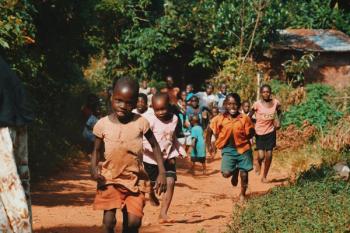
Although the pandemic halted many medical mission assignments, these opportunities and others are becoming available to help those geographic areas with acute needs.
At 1 year after COVID-19 infection, children’s neutralizing antibodies only differed by vaccination status.
Most of the discussion around fecal microbiota transplantation has focused on bacterial communities, but new advances have shed more light on the role of the virome.

The federal agency authorized the therapy as a standalone treatment via a revised EUA in July of last year.
Despite a significantly slower than expected COVID-19 vaccine rollout, Novavax reports early 2022 as its first profitable quarter.
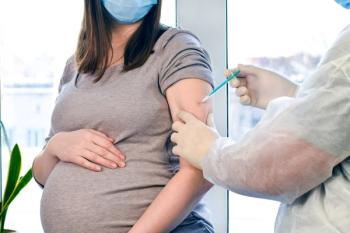
The higher the gestational age when pregnant women received a COVID-19 vaccine, the higher the serological titers at birth.
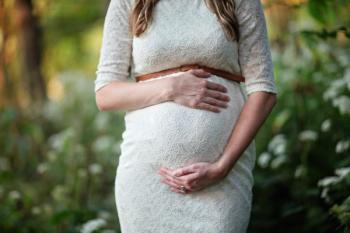
Active immunization of pregnant women with investigational vaccine protected infants from RSV from birth through at least 6 months.

Research suggests a political disconnect on the status of global environment that could impact health response during a crisis.

Children living with HIV had a similar immune response to mRNA COVID-19 vaccination as children without HIV.
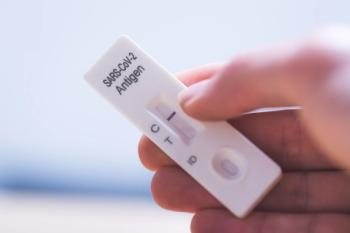
Investigators examined whether rapid antigen tests were less sensitive to variants of concern. Though the tests detected Omicron, all but 1 were less effective in detecting the Delta variant.
Using monoclonal antibodies as post-exposure prophylaxis could be a cost-effective approach to battling COVID-19 in scenarios that include high transmission of susceptible variants, a new study suggests.
A member of the herpes family, Epstein-Barr virus is the primary cause of infectious mononucleosis and may also cause certain cancers and autoimmune diseases.
JAMA study reveals use of dexamethasone and others in non-hospitalized patients with mild to moderate illness.
Investigators identify 11 crucial “protection-defining genes” that prevent a severe disease response to COVID-19 infection.

The organization has its upcoming antimicrobial stewardship meeting in less than two weeks, and offers professional education and training in infectious diseases with a special emphasis on antimicrobial stewardship.

The federal agency revised the vaccine’s Emergency Use Authorization after an analysis of the risk for thrombosis with thrombocytopenia syndrome (TTS).

The number of Americans who opt for an additional booster dose of a COVID-19 vaccine may be limited.
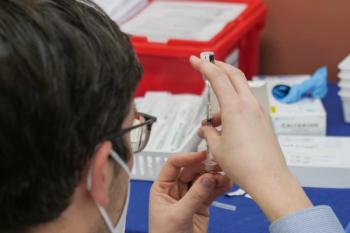
Researchers looked at the serial use of homologous and heterologous boosters in open-label clinical trials across 10 US sites.

Though a valid scientific approach, it may assume benefits incorrectly, researchers warn.